-
No event
-
No event
-
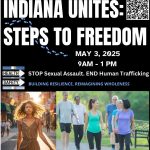 9:00 am - 1:00 pm
9:00 am - 1:00 pmINDIANA UNITES: STEPS TO FREEDOM
-
No event
-
No event
-
No event
-
No event
-
No event
-
No event
-
No event
-
No event
-
No event
-
No event
-
No event
-
No event
-
No event
-
No event
-
No event
-
No event
-
No event
-
No event
-
No event
-
No event
-
No event
-
No event
-
No event
-
No event
-
No event
-
No event
-
No event
-
No event
HUMAN TRAFFICKING WEBINAR
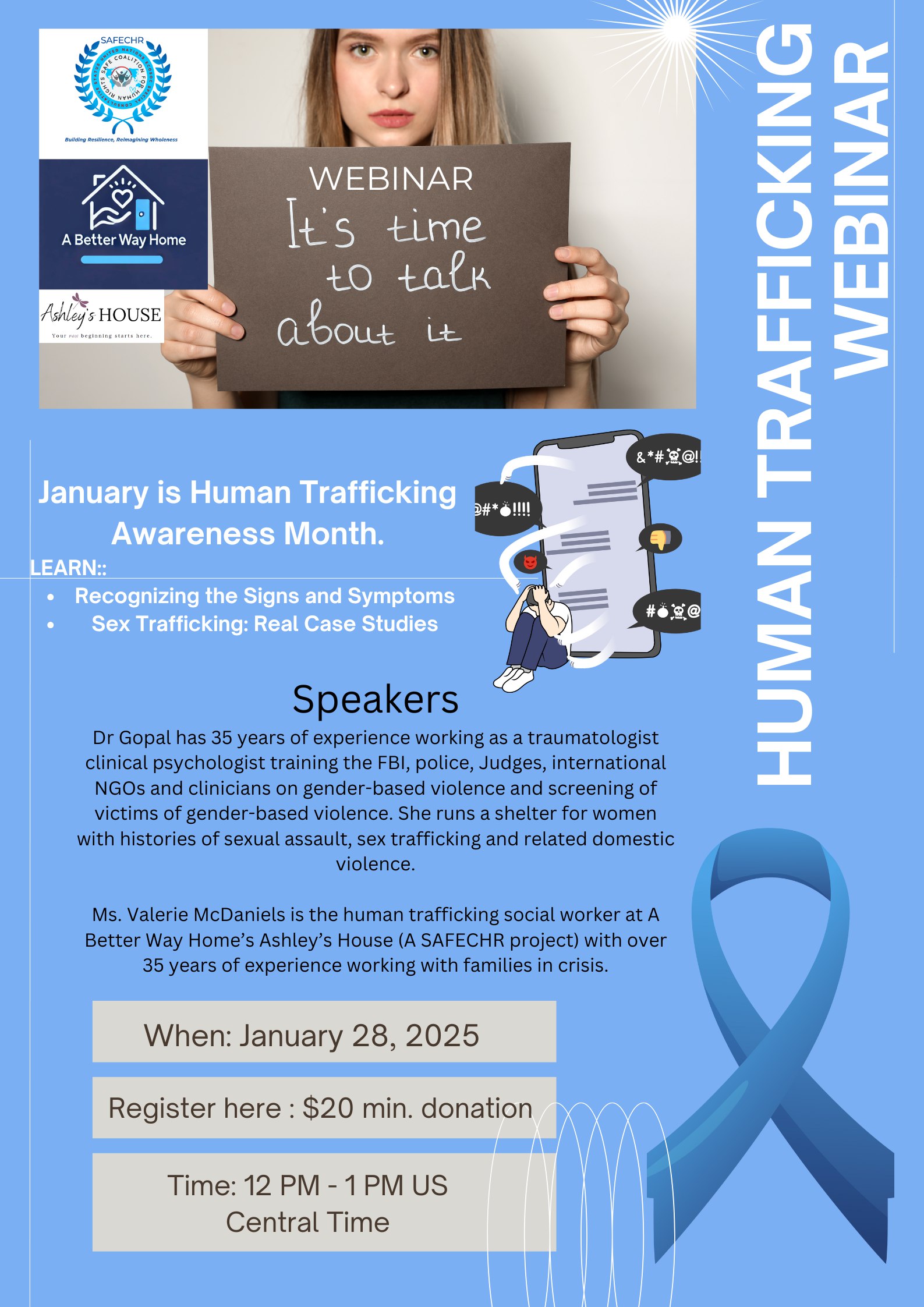
All Events
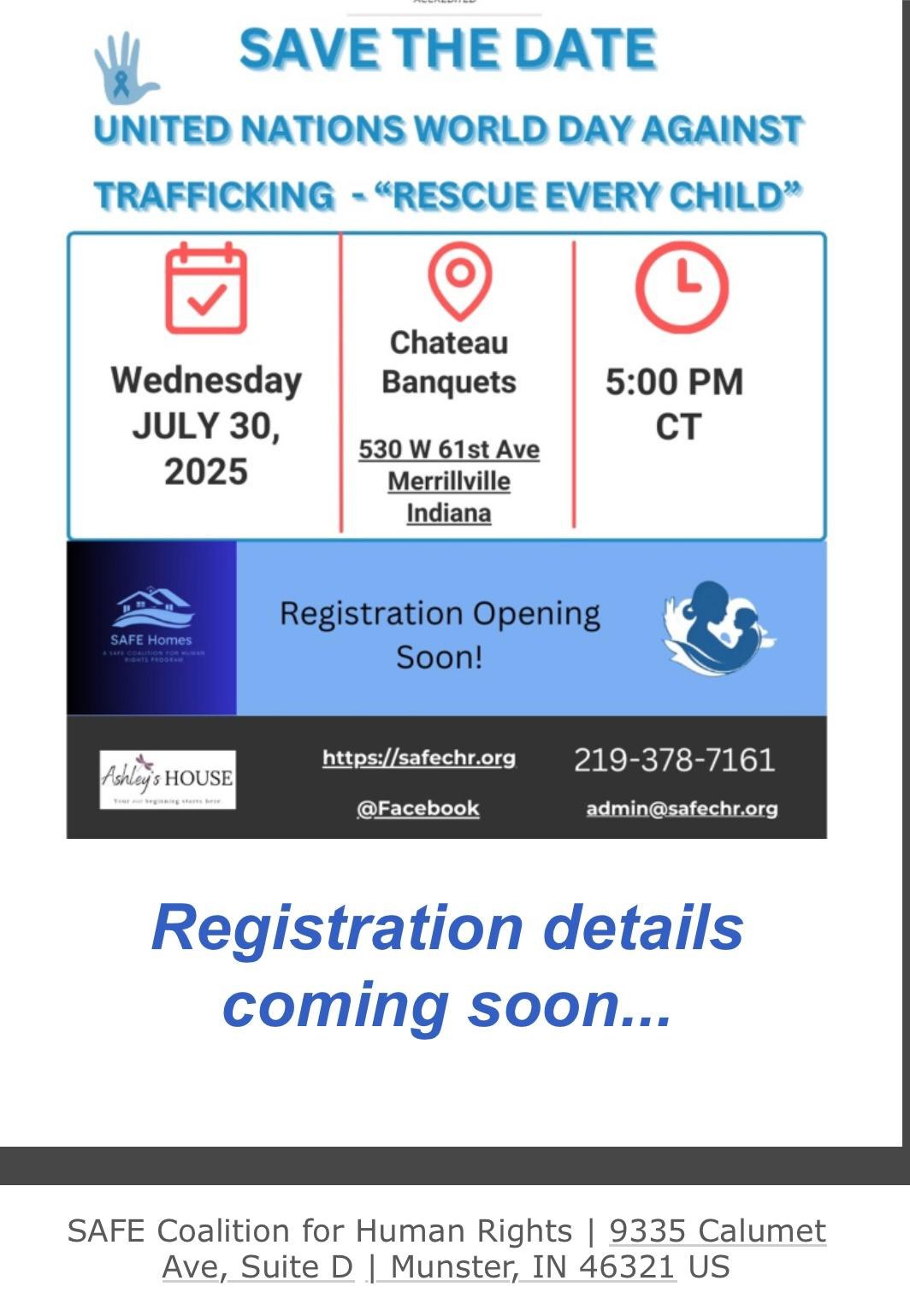
July 30, 2025 United Nations World Day Against Trafficking -❝rescue Every Child”
On July 30 of every year, The United Nations hosts a World Day on human trafficking to raise awareness for Survivors of Human Trafficking worldwide. This year’s World Day theme is Building Resilience and Activating Community Collaborations.
SAFECHR has hosted two previous UN World Days and this year will be our third. We had a standing room only event last year and expect over 300 guests again this year!!
After receiving glowing feedback from an impactful last year’s UN World Day Against Trafficking in Persons (TIP), this year’s planning committee has a lot to offer to our attendees. Our evening will begin with dinner followed by our “Panel of Experts”, Awards, and conclude with raffle, door prizes, and dessert. Survivors, Policy makers, local Community Leaders, Mental Health Experts will come together to share their insights. Don’t miss! Global insights from the United States, Japan, India, Uganda, Germany, Albania and other nations.
HOW TO OBSERVE WORLD DAY AGAINST TRAFFICKING IN PERSONS
-
Attend Programs on Human Trafficking
Programs such as this one, provide important ways in which to protect our families and
keep our cities safe.
Read up on the history of trafficking
You can and should do some reading up on the history of trafficking. Research how international organizations have handled it so far.
-
Donate to shelters for trafficking victims
Donate clothes and other goods to shelters for victims of human trafficking, as this would go a long way. Any amount helps and it’s for a worthwhile cause.
-
Offer jobs to survivors of trafficking
If you are privileged to do so, kindly give jobs to survivors of human trafficking, to help them get back on their feet. It takes a lot of strength and resilience to recover from something like human trafficking. Any help along the way is appreciated by survivors.”
(Modified from source: Nationaltoday.com)
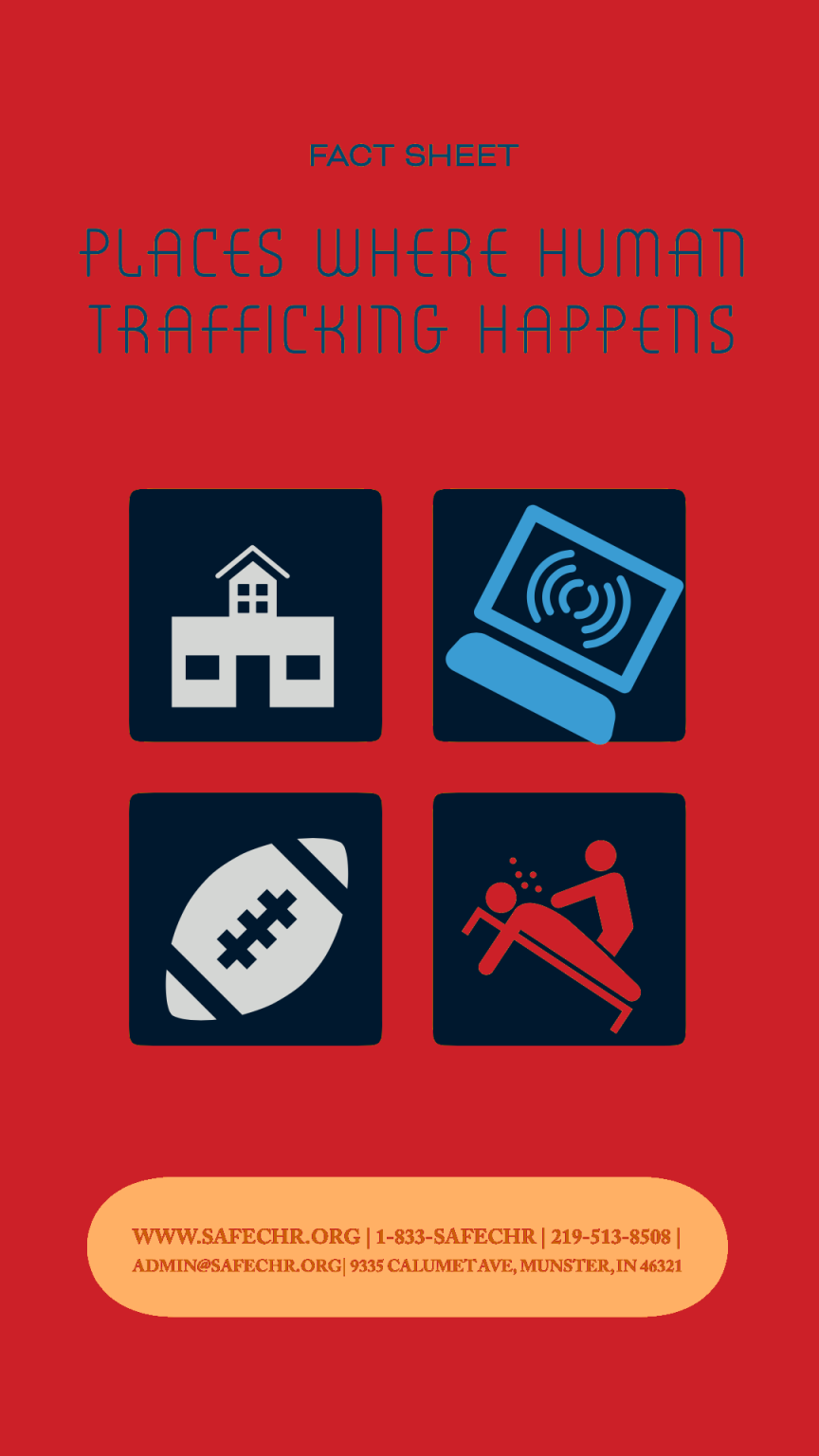
NEED for Prevention, Protection, Prosecution and Partnership (4 Ps) Trainings:
- Indiana has an estimated 12,300 victims of trafficking which is about 1% of reported cases according to the Safe House Project 2023 report.
- There is NO average age of entry into the underworld of human trafficking. Although “Unlucky 13” is often cited, this is not accurate. The youngest child we have seen for trafficking was 18 months old (Gopal, 2016). Trafficking Victims are from various social and economic strata. Internationally, trafficked children are as young as 6 years old (Sri Lanka) to 9 years old (Nepal). It is not limited to poorer and disadvantaged families. Victims are lured, deceived, and enslaved and are sons and daughters of physicians, lawyers, and white collared professionals
- Human Trafficking is a global issue, but it is also a DOMESTIC issue. 50-80% of the children involved in internet porn are US citizens. 83% of trafficked individuals are US citizens.
- Roughly 100,000 to 300,000 American children are trafficked within the United States each year
- Human Trafficking is due to exploitation while Human Smuggling requires transportation paid for by those being smuggled.
- Today, we have the largest number of slaves in the world in the history of humankind.
- Japan and the Gulf Nations are the destinations for Asian minors
- Human trafficking is the fastest growing criminal enterprise with the lowest risk and highest dividends for traffickers. Children can be bought and sold multiple times each day, whereas drugs once used are gone forever.
- Often, victims do not consider themselves trafficked and do not identify with the term until several years later.
- Victims develop “trauma bonds” and experience Complex Post Traumatic Stress Syndrome response to their trafficking.
- In the United States, between 50-98% of child victims were once in foster care. 50% of victims reported in California, 65% in New York, and 98% in Connecticut. About 25% of traffickers were once in foster care
- 100% of the women traffickers were sex slaves as compared to 56% of men with the Male/Female Ration being approximately 70/30. Pimps earned $150,000-500,000 per year
- Within 48 hours, of running away one out of three teens are lured into trafficking.
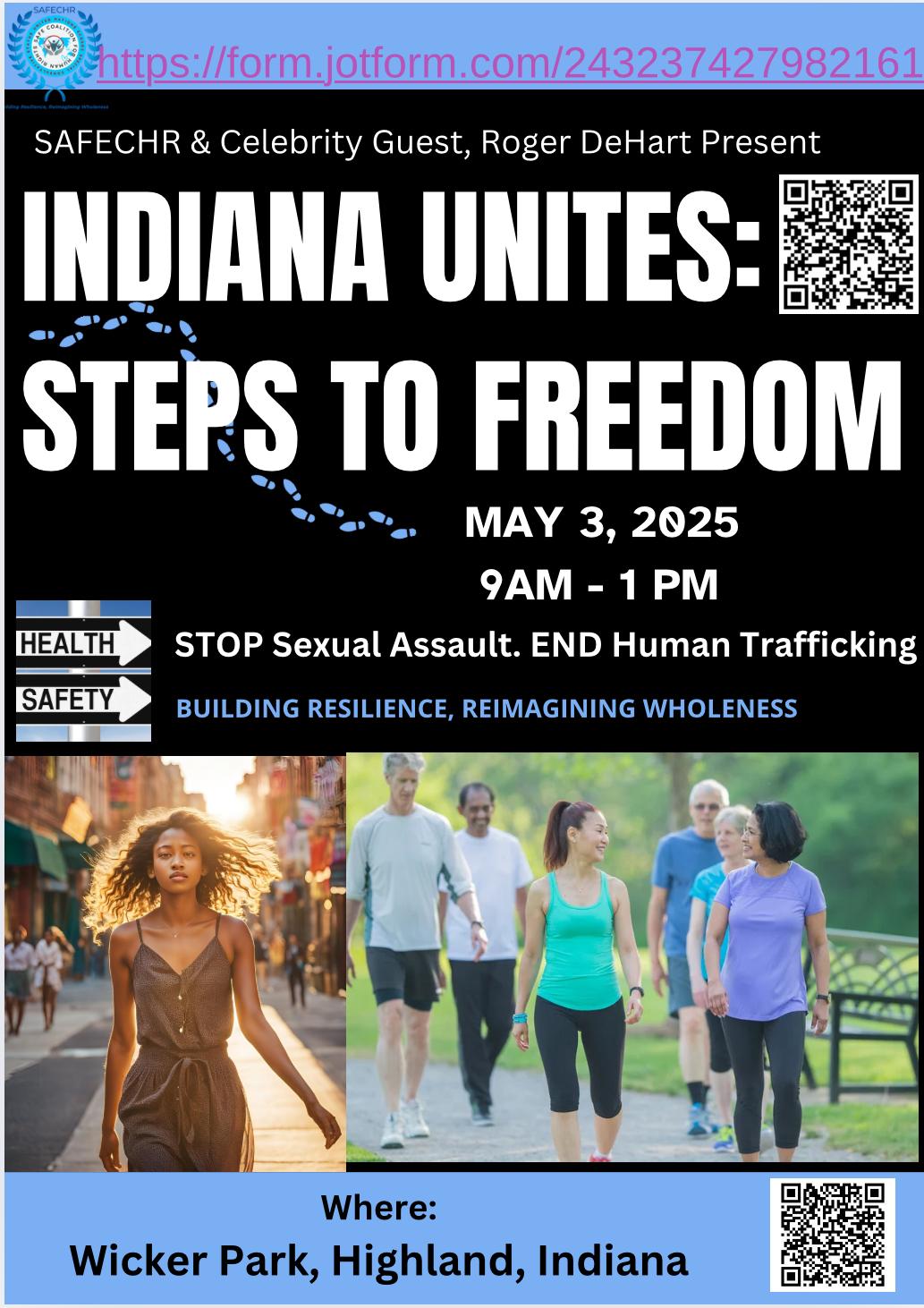
NEED for Prevention, Protection, Prosecution and Partnership (4 Ps) Trainings:
- Indiana has an estimated 12,300 victims of trafficking which is about 1% of reported cases according to the Safe House Project 2023 report.
- There is NO average age of entry into the underworld of human trafficking. Although “Unlucky 13” is often cited, this is not accurate. The youngest child we have seen for trafficking was 18 months old (Gopal, 2016). Trafficking Victims are from various social and economic strata. Internationally, trafficked children are as young as 6 years old (Sri Lanka) to 9 years old (Nepal). It is not limited to poorer and disadvantaged families. Victims are lured, deceived, and enslaved and are sons and daughters of physicians, lawyers, and white collared professionals
- Human Trafficking is a global issue, but it is also a DOMESTIC issue. 50-80% of the children involved in internet porn are US citizens. 83% of trafficked individuals are US citizens.
- Roughly 100,000 to 300,000 American children are trafficked within the United States each year
- Human Trafficking is due to exploitation while Human Smuggling requires transportation paid for by those being smuggled.
- Today, we have the largest number of slaves in the world in the history of humankind.
- Japan and the Gulf Nations are the destinations for Asian minors
- Human trafficking is the fastest growing criminal enterprise with the lowest risk and highest dividends for traffickers. Children can be bought and sold multiple times each day, whereas drugs once used are gone forever.
- Often, victims do not consider themselves trafficked and do not identify with the term until several years later.
- Victims develop “trauma bonds” and experience Complex Post Traumatic Stress Syndrome response to their trafficking.
- In the United States, between 50-98% of child victims were once in foster care. 50% of victims reported in California, 65% in New York, and 98% in Connecticut. About 25% of traffickers were once in foster care
- 100% of the women traffickers were sex slaves as compared to 56% of men with the Male/Female Ration being approximately 70/30. Pimps earned $150,000-500,000 per year
- Within 48 hours, of running away one out of three teens are lured into trafficking.
Why is training about Human Trafficking important?
Human Trafficking is a 150 billion dollars global industry involving labor and sex trafficking growing exponentially from a 32 billion dollar industry in 2003 to a 150 billion dollar industry in 2016. Globally about 40 million individuals are enslaved each year. SAFECHR is focused on healing victims and ending demand of these heinous crimes against humanity. If by these trainings we can prevent one victim, save one child, we have saved an entire generation. Become a MEMBER (see below) and/or Sponsor these trainings and join us to end this violence.
Previous Conferences
HIGHLIGHTS OF SAFE 2019: What we Achieved:
- Introduced Adoption Trafficking as an equal to Sex and Labor Trafficking
- Developed an Illiana Collaborative under the aegis of Survivor Leader Brenda Myers-Powell and SAFECHR’s Dr Kalyani Gopal with consultation input from Former Lt Gov of Illinois, Honorable Evelyn Sanguinetti
- Created a Research Team of graduate students, faculty, experts in the field
- Developed a Survivor Training Team
- Addressed Opioids and Trafficking Intersectionality
- Increased our Global Collaborative
- Addressed the UN SDGs for 2030
- Emphasized focus on Trafficker as essential to addressing Ending Demand
- Bridged certain silos of countries of origin and countries of transit and destination
- Organized inter-country dialogue to address criminality and victimization
- Connected spiritual organizations with scientists, researchers, and activists
GOALS
provide clear and adaptable action steps
create an environment that fosters open and honest discussion
provide a platform for survivor empowerment and innovation
survivor feedback on prevention, combating, and treatment
establish collaborative coalitions to drive innovative and sustainable ideas and solutions
ACHIEVEMENTS:
Creation of A Collaborative GLOBAL TASK FORCE Against Human Trafficking of 25 participant Countries SAFE 2016 led by the Hon. Bokoko Bokoru Zoe, former Ugandan Minister of Gender, Labor, Social Development
Creation of Collaborative National Anti-Trafficking Transportation Task Force of Truckers, Airlines, Cabbies, Rail and Transport led by the Truckers Missing Child Project
Created a legislative Platform for recommendations for changes
Developed multiple networking opportunities
Created Collaborative partnerships between Rescue operations, interventions, and Rehabilitation
Special Pre-Conference Summit: “The Invisible Male” and Trafficking Program Agenda
Why you should have attended:
SAFE 2016 will offer groundbreaking panels, discussions, and workshops featuring survivors with valuable insight and feedback, activists with proven successes, experienced professionals with replicable programs, and leaders with demonstrable track records in the areas of: prevention, identification, treatment, investigations, and prosecutions.
We are offering 4 CEUs for the pre-conference and 20 CEUs for the main conference.
What makes our conferences unique:
SAFE 2016 moves beyond speeches and presentations and into interactive panels and workshops comprised of multidisciplinary professionals and activists dedicated to real-world solutions to the scourge of human trafficking.
We also expand beyond sex trafficking to address lesser highlighted, yet equally traumatic, forms of trafficking such as labor, child marriage, organ theft, and child soldiers. Additionally, we focus on victims often overlooked, under-identified, or under-served. This year, our pre-conference summit focus is the male population.
You’ll be in great company:
You will be among hundreds of attendees comprised of activists, mental health professionals, law enforcement, academics, physicians, treatment providers, political officials, nonprofits, and government agencies.
See https://confengine.com/safe-conf-2016/speaker/info
GOALS OF THE SAFE CONFERENCE
1. To raise the levels of global collaborative practices using modern day technological advances to combat human trafficking.
2. To continue to emphasize the roles of survivor experts as leaders in the field.
3. To support organizations and develop global coalitions that work synergistically to end demand
4. To identify best practices for safe houses programs for victims of human trafficking – (Phase II).
5. To foster resiliency training in school based curricula and identification tools for youth at high-risk.
6. To identify best practices in intervention for law enforcement, clinicians, community advocates, and those involved with services for victims and, identifying pimps and johns.
7. To develop white papers as a result of the conference that we will publish and follow up with during post-conference.
8. To bring the issue of boys/men and trafficking to the forefront.
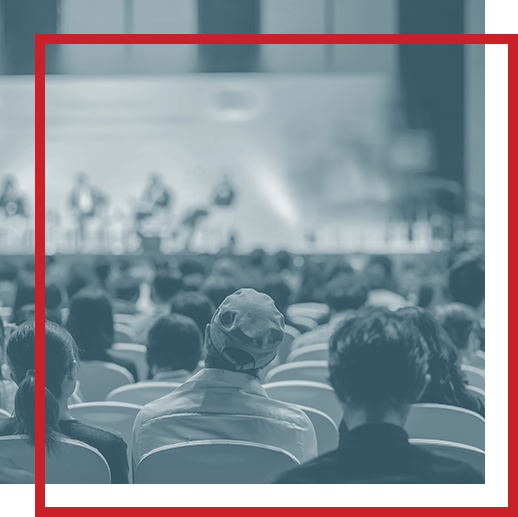
Our Speakers
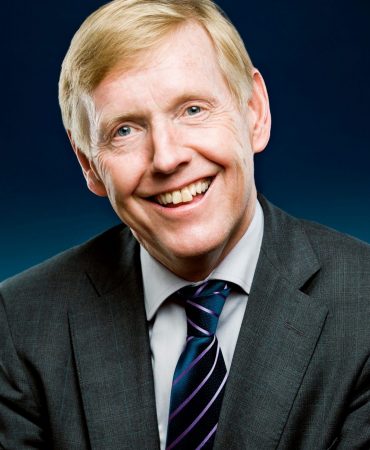
Kåre R. Aas
Ambassador, Norway, WashingtonDC Post
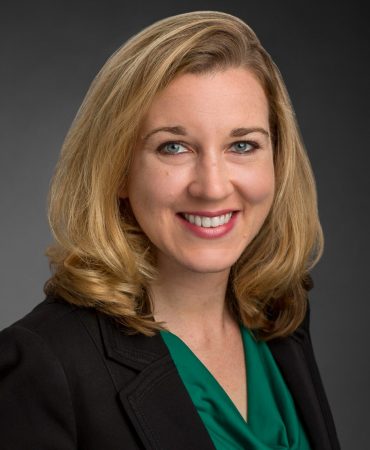
Christie Edwards
J.D.,LLM Director,International Humanitarian Law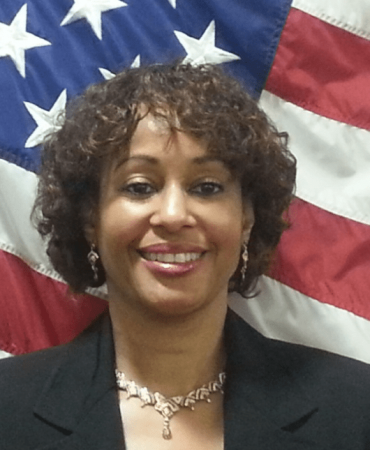
Linda K. Dixon
Program Manager, CTIP, Department of Defense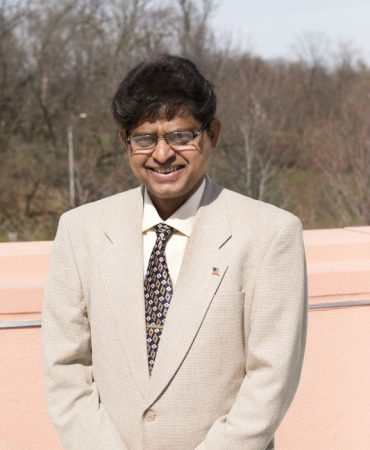
Harold D'Souza
Member, US Advisory Council on Human Trafficking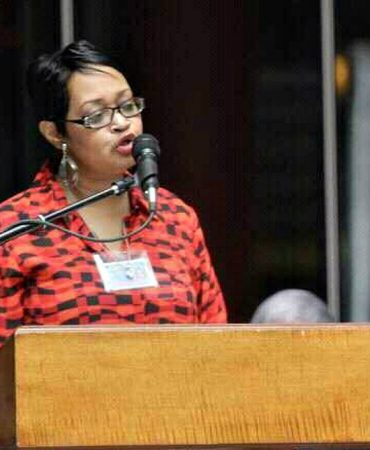
Marian Hatcher
Sr. Project Manager/Human Trafficking Coordinator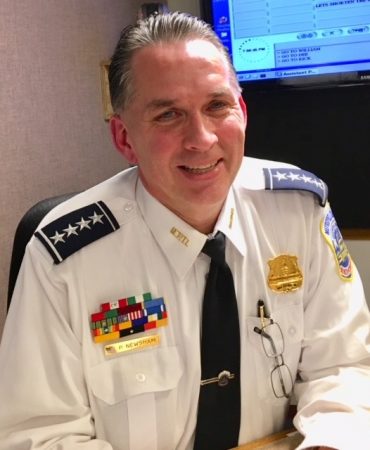
Peter Newsham
Assistant Chief Washington DC Metro Police DepartmentCLICK TO CHOOSE A PROGRAM & DONATE
TO OUR CAUSE


